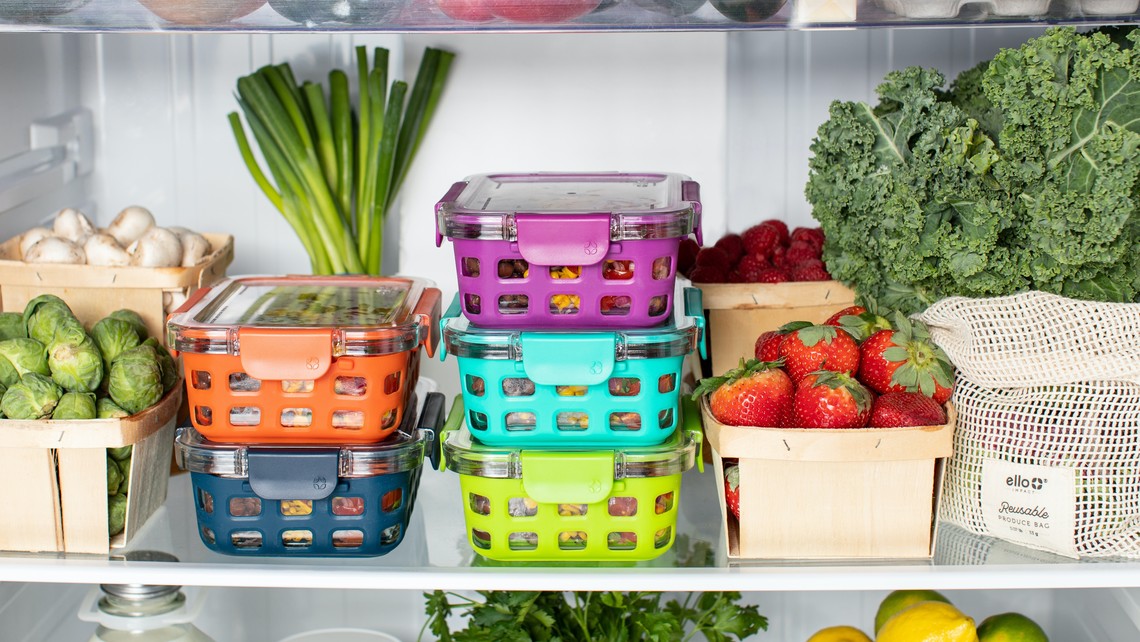Healthy Eating on a Budget

A balanced, nutritious diet does not have to come with a hefty price tag. In fact, the biggest barrier to a healthy diet is often a lack of time and planning. After a long day, it feels easier to order takeout or run through a drive-thru than to cook at home. But our bodies need plenty of vegetables, protein, and nutrients to recover from the stress of a long, hectic day. Here are some practical ways to nourish your body and reduce your grocery bill at the same time.
The first step to cleaning up your eating habits and your budget is to make a plan. This plan begins with looking in your pantry, freezer, and fridge to see what ingredients you already have. Look for spices, frozen fruits and vegetables, proteins, and healthy meal additions such as beans, lentils, brown rice, canned tuna, and eggs. Once you know what’s already available, you can create four or five simple, healthy meals to use for breakfast, lunch, or dinner. Initially, you will want to plan for the meals for which you often turn to fast food, takeout, delivery, or other convenience foods. Once you get into your meal planning routine, you can expand it to include additional meals.
You’ve created your meal plan. Now, you need a shopping list. When you’re making your shopping list, you can trim your budget even more by looking in the ads from your local grocery store and figuring out what’s on sale for the week. Keep in mind that seasonal vegetables are going to be fresher, tastier, less expensive, and more nutritious. Check the Farmer’s Almanac to see which fruits and veggies are in season. It will also help you to create your meal plan around these foods.
Now, go shopping. Stick to your list. Avoid impulse buys, as they will waste money and likely create food waste as well, since they don’t fit into your meal plan. Shop on a day when big sales are happening at your store. Avoid purchasing prepared foods like bagged salads, pre-cut fruits and vegetables, and frozen vegetables in butter sauce or seasonings. These items add unnecessary cost on your bill. When you get home, begin your meal prep.
Meal prep includes chopping, dicing, pre-cooking meats, and portioning out the foods. It could also look like freezing excess fruit, veggies, and meats so they don’t go bad when they’re not eaten this week. If you make a large batch of soup, stew, or chili, freeze half in small containers to use in the future when you’re in a rush and don’t have time to prep. Try to use frozen items within two months of freezing for optimal nutritional value.
To save additional cash at the grocery store, try incorporating one or two meatless meals per day into your food plan. If that seems impossible, begin with one meatless day per week. Once you start finding delicious meatless recipes, you may begin to realize that meatless meals can still be delicious, satisfying, and filling. Some examples of hearty meatless meals are veggie frittata, oatmeal topped with walnuts and diced apples, hearty bean soup, and Greek yogurt swirled with peanut butter and bananas. These foods are healthy, filling, and they’re easy on the budget.
Try shopping at the Farmer’s Market for fresh produce. By cutting out the middle step, you’re saving money and getting the most nutrition from the locally grown produce. Visit the market near closing time to barter for your produce; the growers prefer to sell their produce rather than haul it back onto the truck at the close of the day.
Finally, you’d be surprised at what you can purchase from the dollar store. You have to be selective, of course, but check out the spices, canned tuna or chicken, canned vegetables or beans (low-sodium), lentils, rice, and even frozen fruits and vegetables.
If you need assistance with catering your meal plan to your particular dietary needs, we’re here to help! Visit your naturopathic doctor for an evaluation of your nutritional needs so you can get started on your plan today.


